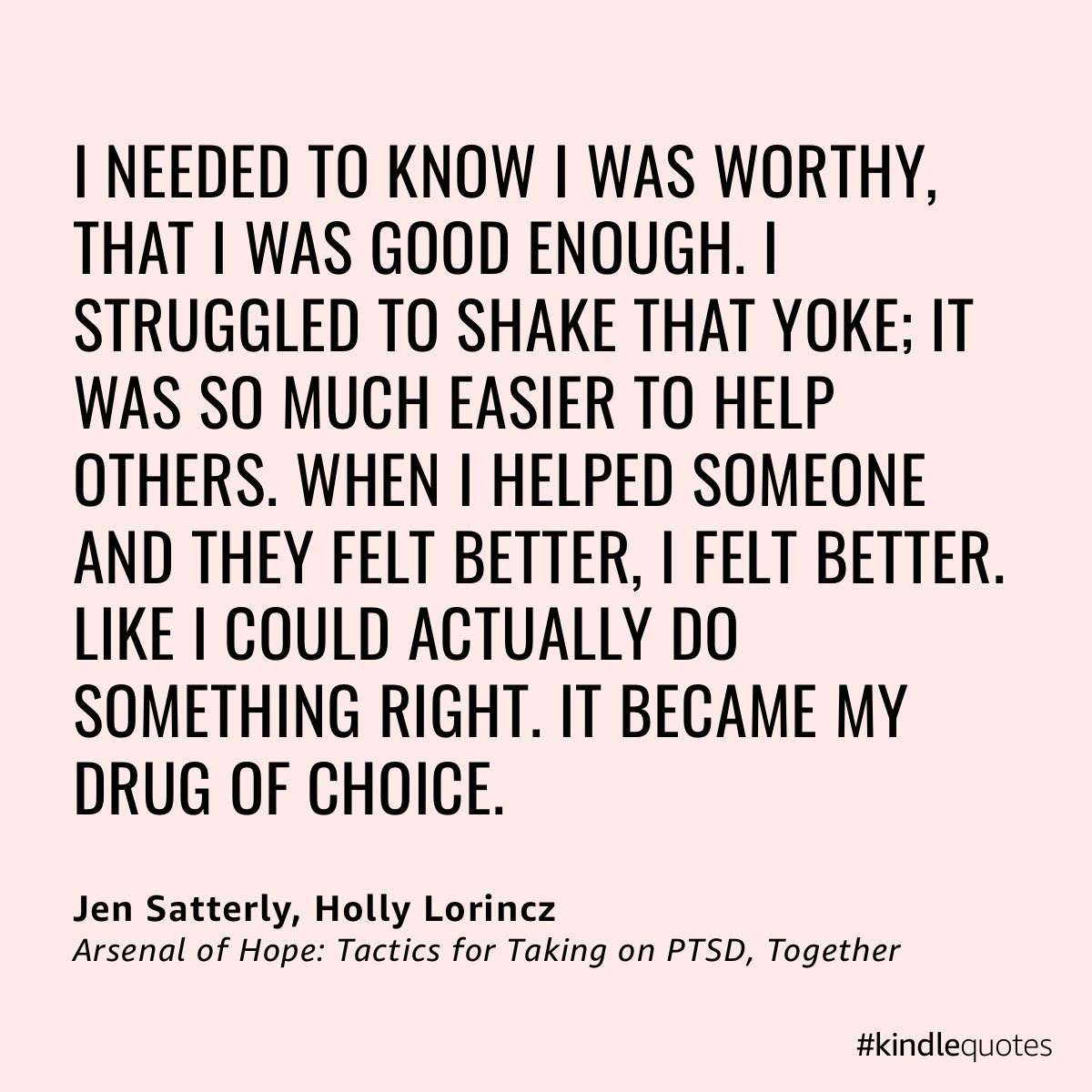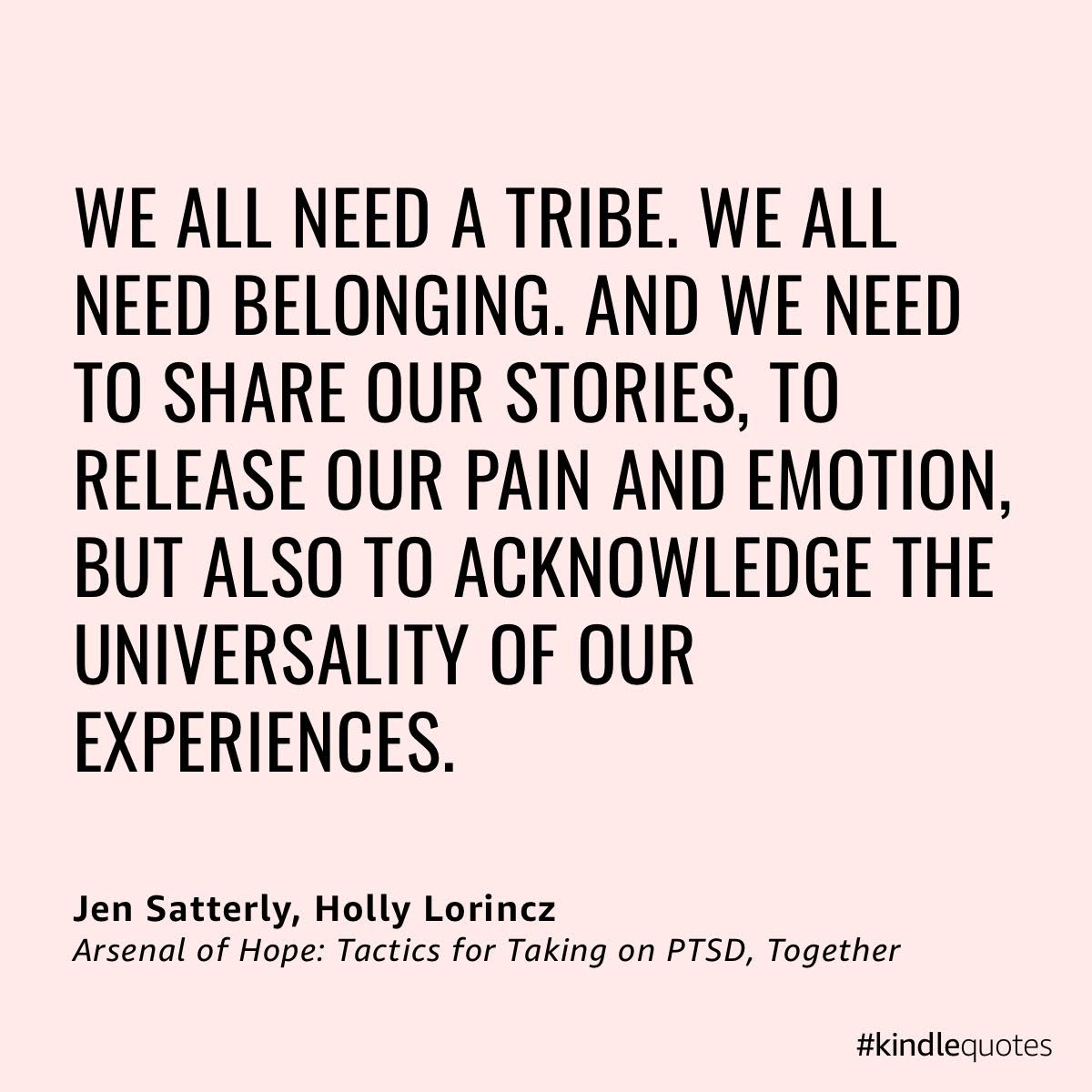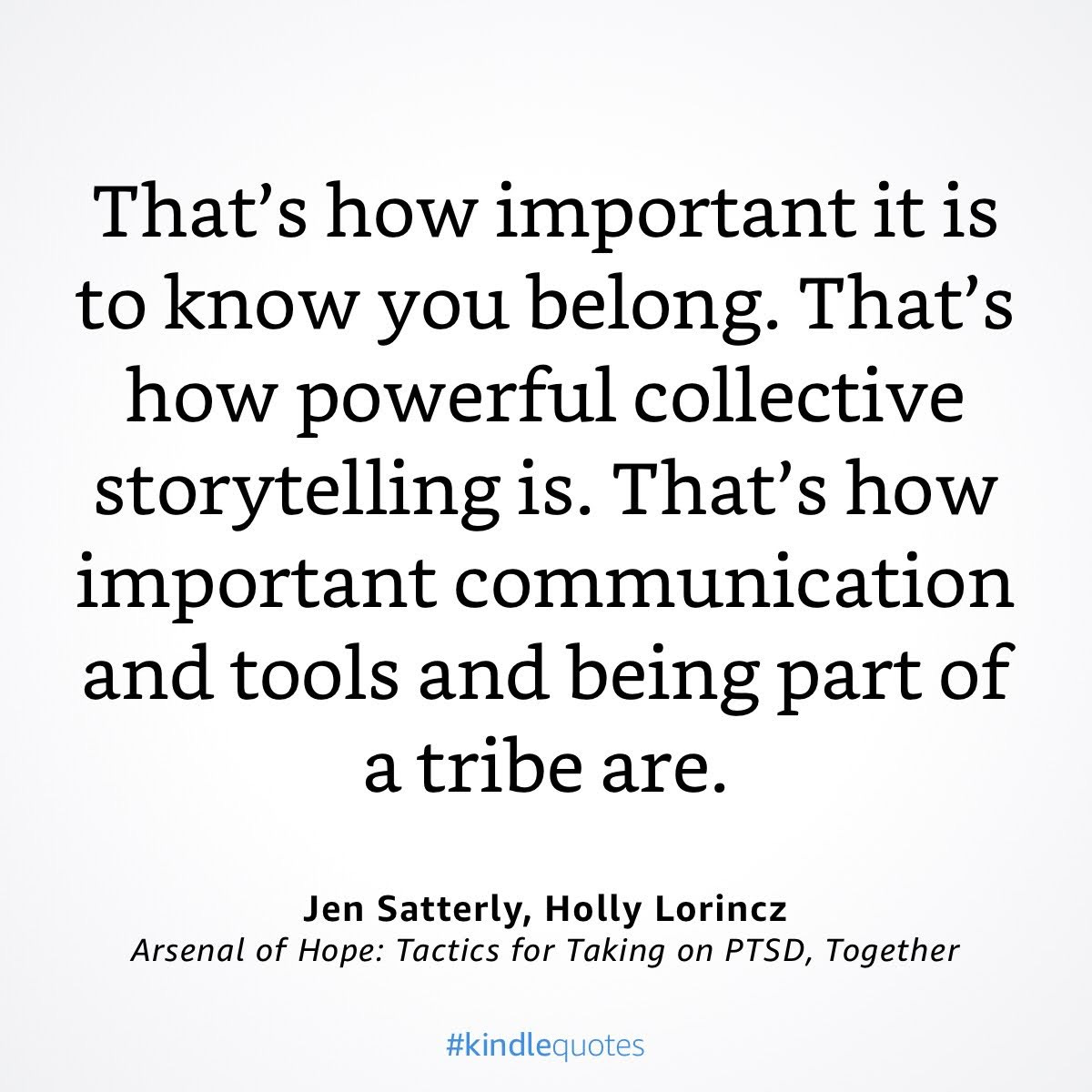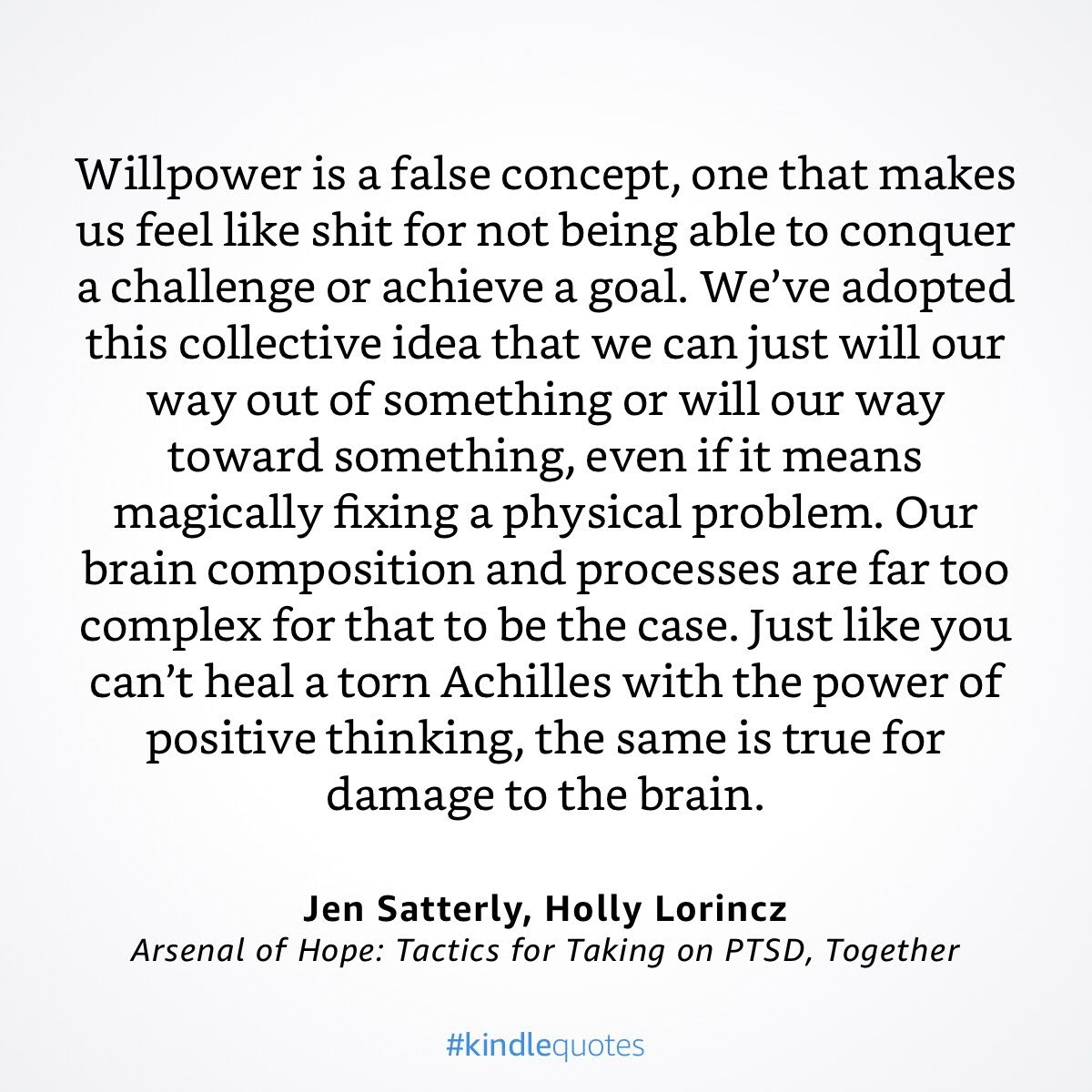Coping Skills
I started reading a book the other day, on the recommendation of a dear friend. It's not an easy read, for me. I have to stop sometimes and read something else, while I deal with the brain dumping chemicals... But I suppose I just started in the middle and ought to come back around again.
Dorothy Grant, writing on her blog, has an excellent essay on the book, and her experiences. You should read the whole thing, especially if you have a military veteran in your life. The quote below is from her blog essay:
We didn't call it PTSD when I was growing up. That was a foreign term, that it seemed civilian shrinks who proudly dodged the draft and a press that hated the military tried to slap on any and all soldiers in order to mark them as unfit, dangerous, and untrustworthy scum. Nobody I knew would ever apply it to themselves. I certainly never, not in all the things that ever happened to me, thought once to apply that term to myself.
I once asked dad what PTSD was, because of all the people tossing around that loaded term, I trusted him. He paused for a long moment, and finally said, "It's the right set of responses to the wrong environment."
I wrote a paper, a few years back, on PTS without the D. Because I was living with it. Still am. In the book I'm reading, Jen Satterley came to the same conclusion about taking the disorder off it, and thus some of the stigma, and she also has some other terms that fit what she's seen in the men and women who are dealing with similar demons. And I highly recommend her book, Arsenal of Hope. It does have great suggestions on things you can do. Coping skills for living with someone who is dealing with those responses in a wrong environment. And if you are that person dealing with finding yourself reacting in ways you know you shouldn't, because you're safe and you don't have to be like that... it will help you, too. I'm going to be digesting this for a long time, I think. And re-reading the book to find things I missed the first time.

When I read this, I had to put down the device I was reading with, and go do something else. This is... me. Very much me. And it is something I am doing, and struggling with, and feeling so very inadequate to what is asked of me. I need to be useful. Have to be. I can't feel like I'm bothering someone, or I flinch away entirely and just... shut down.


In the book, Jen is talking about the shared experiences of a group of people who came together, and talked about what they'd been through, and how they were reacting now that they were on the other side. Safe, but their brains were still trained and wired for 'unsafe' all the time. The connection they had through this, and finally being able to share some of the pain, was profound for them.
I've experienced similar moments. It's very difficult, to know who to trust. It's very difficult to finally let down the barriers and start to share. I recently had a conversation with my son - actually, he volunteered me to talk to his class, about my experiences as a survivor of domestic violence - in which he essentially gave me permission to talk about it. That was one of the last things I was waiting for. I wasn't going to talk at all until the children were grown and gone. The Little Man wants me to. He wants to let others see me, and learn from me. I'll still shield him, but that permission shook me.

Willing oneself to get better only leads to a vicious spiral. You blame yourself for lacking the self-discipline to not do whatever behaviour you know you shouldn't (mine isn't rage, but then, my cPTSD isn't from combat and training). You self-medicate in harmful ways (mine aren't obviously harmful. I work, when I am trying to live up to that feeling of self-worth. There's a reason I'm not joking when I call myself a workaholic). That just starts the whole mess over again.
So, finding a way to cope. And then taking those coping skills and building on them, to achieve small successes, which dump the right kind of chemicals in your brain, and that, you can build on. But it does require training. And it requires trusting someone outside your own head, to see you. The real you, the one you have hidden behind so many barriers and walls that you're afraid you've lost yourself.
So. Yeah. I recommend this book, Arsenal of Hope. I'll be reading the other one as well, Dorothy's description of the synthesis of the two books, husband and wife being greater as a whole than the sum of the halves... marriage can be like that, if it's a good one.




